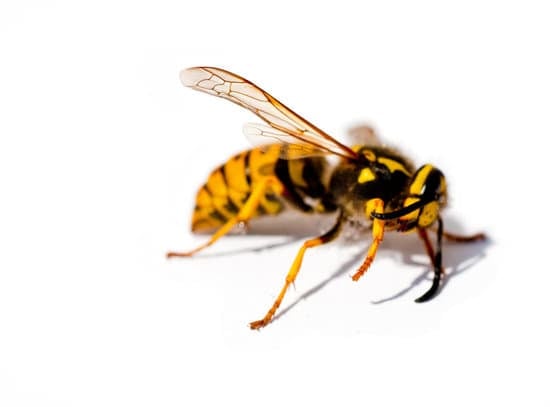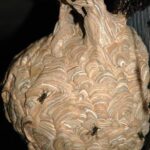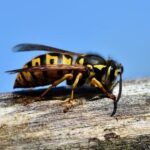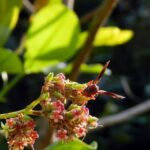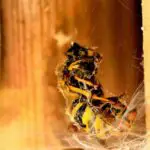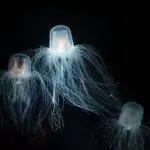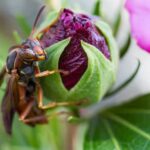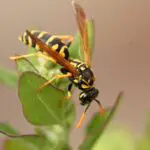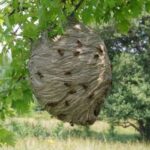How Do Wasps Help Plants?
Besides being important pollinators of flowers and fruit trees, wasps are predators. They prey on a wide variety of insects. They also control pests that destroy crops. Some of their favorites are beetles and caterpillars.
One of the biggest groups of wasps is parasitic. Almost half of all known species are parasitic. Parasitic wasps lay eggs on other insects. Then the larvae feed on the host from inside out. These parasitic wasps help farmers protect their crops.
Another important group of wasps is pollen wasps. These wasps help with pollination by passively spreading pollen from one flower to another. Many species of orchids rely on wasp pollination.
Social wasps are one of the most important groups of pollinators. They live in colonies that are led by a queen. Each colony contains many workers, and each performs a specialized function. These colonies can be a pest because they sting people who get too close. They also eat other insects and dead animals.
Social wasps eat other insects, including caterpillars, ants, beetles, spiders, and even dead animals. They also chew wood and plant fiber to produce pulp. This pulp is then layered onto the nest cells.
The most common wasps are yellow and black social species. Other wasps are solitary. These are the ones that you see flying around the garden. They are not as good at pollinating as hairy bees. Solitary wasps do not waste their venom on nest protection.
One important way to discourage wasps is to not plant flowers near your house. It is a good idea to keep your outdoor areas clean and free of debris. You should also avoid planting flowers that attract wasps. You should also rake away wind-fallen fruit.
